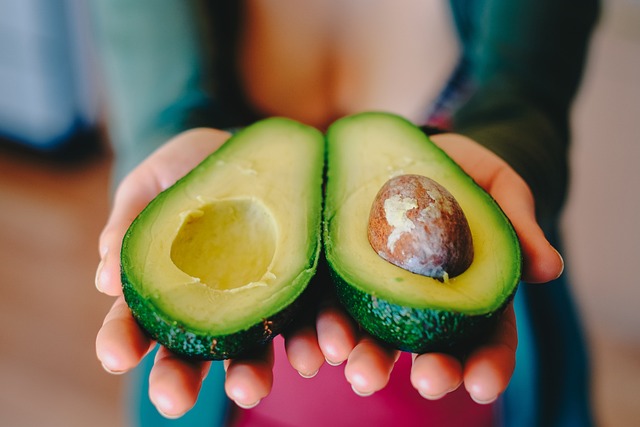Probiotics have gained a lot of popularity over the years for their many benefits, including improving digestion and boosting immunity. However, the benefits of probiotics are not limited to just these areas, and they can also greatly benefit women’s reproductive health.
What are Probiotics?
Probiotics are live microorganisms that are beneficial to human health. These microorganisms typically include bacteria and yeast, and they are often found in fermented foods such as yogurt, kefir, and sauerkraut. They can also be purchased in supplement form.
How Do Probiotics Benefit Women’s Reproductive Health?
Research has shown that probiotics can benefit women’s reproductive health in a number of ways, including:
- Preventing UTIs: Urinary tract infections (UTIs) are a common problem for many women. Probiotics can help by preventing the growth of harmful bacteria in the urinary tract, reducing the risk of infection.
- Reducing Yeast Infections: Probiotics can also help prevent and treat yeast infections by restoring the natural balance of microorganisms in the vaginal area.
- Improving Fertility: Research has shown that the health of the gut microbiome can impact fertility. Probiotics can help improve the health of the gut microbiome, which can in turn improve fertility.
- Reducing Pregnancy Complications: Probiotics may help reduce the risk of preterm labor, preeclampsia, and other pregnancy complications by promoting a healthy gut microbiome.
The Best Probiotic Strains for Women’s Reproductive Health
Not all probiotics are created equal, and some are more effective than others when it comes to improving women’s reproductive health. The following probiotic strains have been shown to be particularly beneficial:
- Lactobacillus crispatus: This probiotic strain is commonly found in the vaginal microbiome and has been shown to be effective at preventing UTIs and other vaginal infections.
- Lactobacillus rhamnosus: This probiotic strain has been shown to be effective at preventing and treating vaginal yeast infections.
- Lactobacillus fermentum: This probiotic strain has been shown to be effective at improving fertility and reducing the risk of pregnancy complications.
How to Incorporate Probiotics into Your Diet
One of the easiest ways to incorporate probiotics into your diet is by eating fermented foods such as yogurt, kefir, and sauerkraut. However, these foods may not be practical for everyone, especially those with dietary restrictions or food allergies.
If you’re unable to consume fermented foods, you may want to consider taking a probiotic supplement. Probiotic supplements can be found in most health food stores and pharmacies, and they come in a variety of forms including capsules, tablets, powders, and drinks.
Conclusion
Probiotics are an incredibly beneficial addition to any diet, and they can offer many benefits for women’s reproductive health. By incorporating probiotics into your diet, you can help prevent UTIs and yeast infections, improve fertility, and reduce the risk of pregnancy complications. Consider adding these beneficial microorganisms to your diet today!







